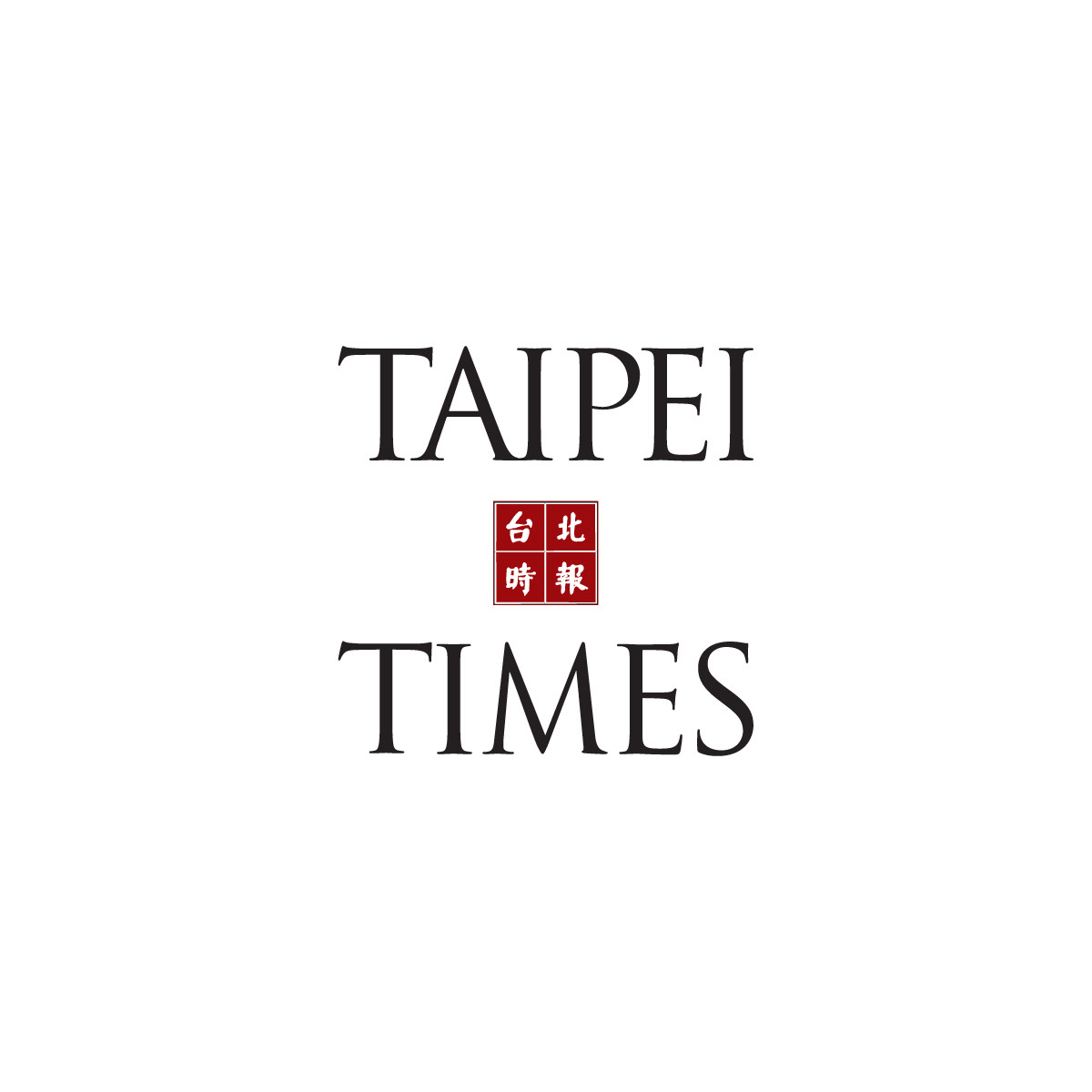Hong Kong Christians lose their autonomy
-
By Joseph Tse-hei Lee 李榭熙
History OFFERS the best reference for crisis management in times of upheaval. This is especially true for Christian churches in Hong Kong under China’s draconian security regime.
Last month, Monsignor Javier Herrera-Corona, the Vatican’s unofficial former envoy to Hong Kong, warned that the territory’s further political integration with China would surely lead to autocratic restrictions on religious activities, and the Catholic Church should be prepared.
Worse still, Beijing and its public security officers in Hong Kong have publicly condemned Cardinal Joseph Zen (陳日君), a 90-year-old retired bishop, as one of the leading figures of the 2014 “umbrella movement”. and the 2019 democracy protests, even though Zen offered only moral and humanitarian support to victims of police oppression. In light of the government’s warning, local Christians should keep their heads down.
Even though Hong Kong Christians remain a minority, it is a visible living faith. The territory’s churches provided life-saving relief to countless mainland Chinese refugees in 1949. Catholics and Protestants in Hong Kong helped build an impressive structure of medical, educational and social welfare systems that cured the sick, fed the young and fed the poor.
Church leaders have performed a delicate balancing act to stabilize church-state relations, but they are now waking up to the government’s fear of their global relationship.
The territory faces enormous challenges under Hong Kong’s national security law. For the first time since 1989, none of the local Catholic parishes, Protestant churches or missionary schools commemorated the Tiananmen Square massacre on June 4 this year.
The suffocating silence is forcing Christian agencies and churches to reassess their day-to-day operations in a restricted environment. Some foreign agencies have handed over executive and financial management responsibilities to their local colleagues to avoid suspicion.
Keeping Hong Kong out of the international spotlight is a top priority for the security regime. This harsh reality has made it difficult for clergy to keep politics at bay, while standing up for church members who criticize human rights abuses.
During this year’s anniversaries of the Tiananmen Square massacre and the July 1, 1997 Democratic Rally, Hong Kong security officials ordered several political prisoners to tell Amnesty International and foreign churches not to publicize their cases in exchange for a shorter sentence. Such manipulative tactics were intended to isolate the prisoners and weaken their resolve.
Despite Beijing’s intensified ideological and political control of the territory, more and more Christians are learning the stories of Maoist-era martyrs and the involvement of Taiwanese, South Korean and Filipino churches in democratic struggles. Reflecting on martyrdom and civic activism reveals valuable insights for empowerment.
The experiences of migrants and intercultural exchanges have transformed the Christian landscape. A significant number of Catholics and Protestants in Hong Kong come from overseas, with many ministries for domestic workers from Southeast Asia and for Mandarin speakers. Neighborhood churches often offer multilingual church services in Cantonese, English, Mandarin, Tagalog and more.
Given Christianity’s cosmopolitan profile, China should think carefully before imposing continental-style religious patriotic control over the territory.
Hong Kong Christians are part of the global churches. They lived with anxieties and on the endurance of their faith for decades. They have overcome great difficulties and are unlikely to give up now.
Joseph Tse-Hei Lee is a professor of history at Pace University in New York.
Comments will be moderated. Keep comments relevant to the article. Remarks containing abusive and obscene language, personal attacks of any kind or promotion will be removed and the user banned. The final decision will be at the discretion of the Taipei Times.


Comments are closed.